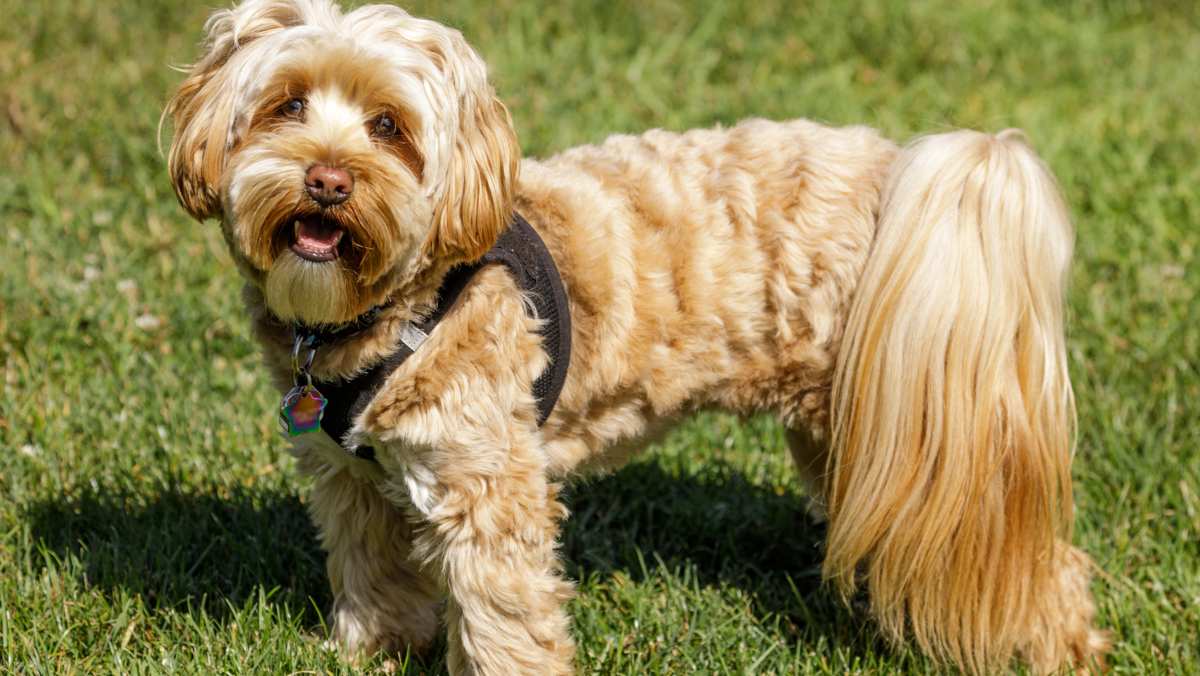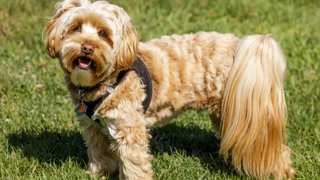Daisy Dog Breed Details
According to the dog breeder Jennifer Peterson, who claims her mother was the person responsible for cross-breeding a number of purebreds to produce the Daisy Dog, this notable hybrid was conceived to be a "cute, shaggy, non-shedding small breed house-pet with a good personality." It appears that this dog continues to be exactly that. The Daisy Dog has no noble purpose such as herding, hunting or search-and-rescue, but they are adorable, reliable and hypoallergenic. As such, they do make great house pets for families big and small as well as for people who may be seeking a companion to ward off loneliness and / or age. Whether you are adopting your first-ever puppy or have had a lifetime of living with dogs, the Daisy Dog is perhaps the nearly perfect pet!
PROS
- Calm demeanor
- Easy to train
- Loves children
- Long life span
- Sheds minimally
- Minimal barking
- Doesn't slobber
- Low exercise needs
- Friendly personality
- Grooming needs are low
- Little tendency to roam
- Perfect for first-timers
- Tolerance to cold is good
- Amicable with non-canine pets
- Tolerance to heat is moderate
- Excellent for small apartments
- Gets along very well with other dogs
- Great for people and / or households with people who have dog-hair allergies
CONS
- Expensive to buy
- Not a good watchdog
- Obesity can occur easily
- Somewhat sensitive to touch
- Separation anxiety possible
- A lot of potential ailments and diseases
- May require a lot of expensive vet treatments over lifetime

